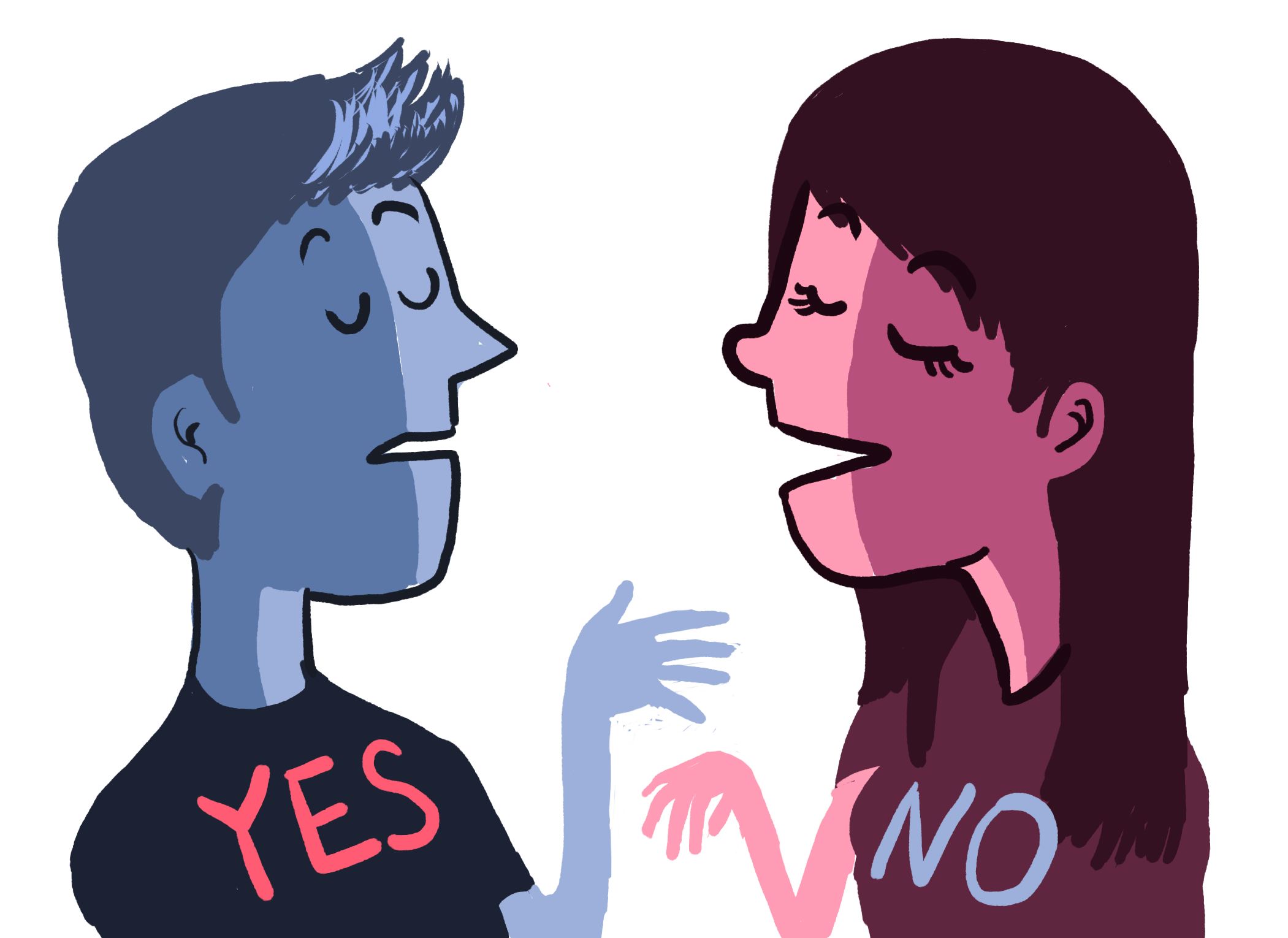The new school year is here, which means that you, as students, might be inclined to enter the battlefield of political righteousness and devotion. University is a place that will help shape your beliefs as much as it will your knowledge (the two are pretty mutually dependent), and be assured, you will eventually see your beliefs do battle with ones of an opposing nature. You will see it in your classrooms, in your essays, and, indeed, in the Manitoban. This is healthy. It fosters our capacity for rational debate and discourse, and it leads to compromises that are the essence of all social progress. But given that the year is just starting, I think it is important to get a few things straight before the battle begins.
Firstly, as is always the case, most debates will be perceived within some sort of “liberal versus conservative” paradigm. This usually happens because, as a society, we are not inventive enough to perceive of it any other way. There could be fights about gay marriage, tussles about Middle Eastern conflict, disparagement over the state of our economy, and you can be certain there will be some heated exchanges about that little election going on down south. Whatever the issue, it will probably be divided into two sides and two sides only (even though most issues of the sort actually have 56 sides). One side will be deemed “crazy lefty” and the other will be deemed “unsympathetic righty.” This is unhealthy. It creates a polarized climate of partisanship that is the enemy of compromise.
The issues that I mentioned above, for example, are very real and very complicated, and they don’t deserve to be relegated to a simplistic stand-off between ideologies. Thus, when you do go into battle, equipped with shield, sword, and bitterness, please try to keep your ideas focused on the specifics of the issue rather than the broad political spectrum to which it attaches itself. That is, actually listen to each other instead of casting another person’s outlook aside simply because it may fall on the contravening side of the spectrum from yours.
That is not to say that the words “liberal” and “conservative” should be abandoned all together. Personally, my views would be considered mostly liberal, but I have never felt comfortable aligning myself with that word; or any word, for that matter. It’s a bit of a catch-22, because to me liberalism implies an open-door policy in which you can be swayed by reason and judgement, but attaching yourself to a word like “liberal,” also implies a solid and unchanging belief system that subsequently closes those very doors. But that’s just me. The two words do provide a good matrix for people to sort their beliefs and values. I do, however, think that it is vitally important for people to understand their proper meaning upfront.
Conservatism does not mean “radical theocrat,” and liberalism does not mean “hippie communist.” Believe it or not, despite the left/right dichotomy, the two do not even imply opposition. To put it simply (which is hard), in my view, conservatism is the belief in traditional values; liberalism is the belief in liberty and equality. Conservatives believe in the latter as well, of course, but the problem as I see it is that liberty and equality sometimes directly contest traditional values. Maintaining tradition and maintaining equality is a tricky balancing act, and it is when the two come into conflict that you get something like, say, the gay marriage debate in the United States.
Do not be fooled by how our media portrays “left” and “right.” True conservatives and true liberals (i.e. those outside of the clown car) are both capable of rationality; they just have divergent upbringings and worldviews. Don’t think for a minute that things like the Tea Party or Fox News adequately represent true conservative values. Conservatives believe in protection, but that doesn’t mean that they think protection is the same thing as aggression. Conservatives believe in family values, but they also understand that “family” does not need to abide by a single narrow definition. Conservatives believe in freedom of the market, but they don’t think that someone should literally starve to death if they fail to compete.
And don’t think that the narrow-minded liberals like Michael Moore or Keith Olbermann are a good representation of true liberalism, either. Liberals try to put logic over emotion, but they understand that emotion will always, and should always, play a role in how we live our lives. Liberals believe in human rights, but they understand that rights can stretch only as far as they do not impinge on others. And yes, liberals want to make lots of money, too, but the social and economic plight of less privileged people will always be their foremost concern (before having kids, at least).
Remember these things as you begin your year. And by all means, have an opinion, but make damn sure that you have a reason for that opinion, and that you express that opinion respectfully. Do some research, do some thinking, and form your opinions accordingly. Maybe this year we can get our discourse right for a change.


